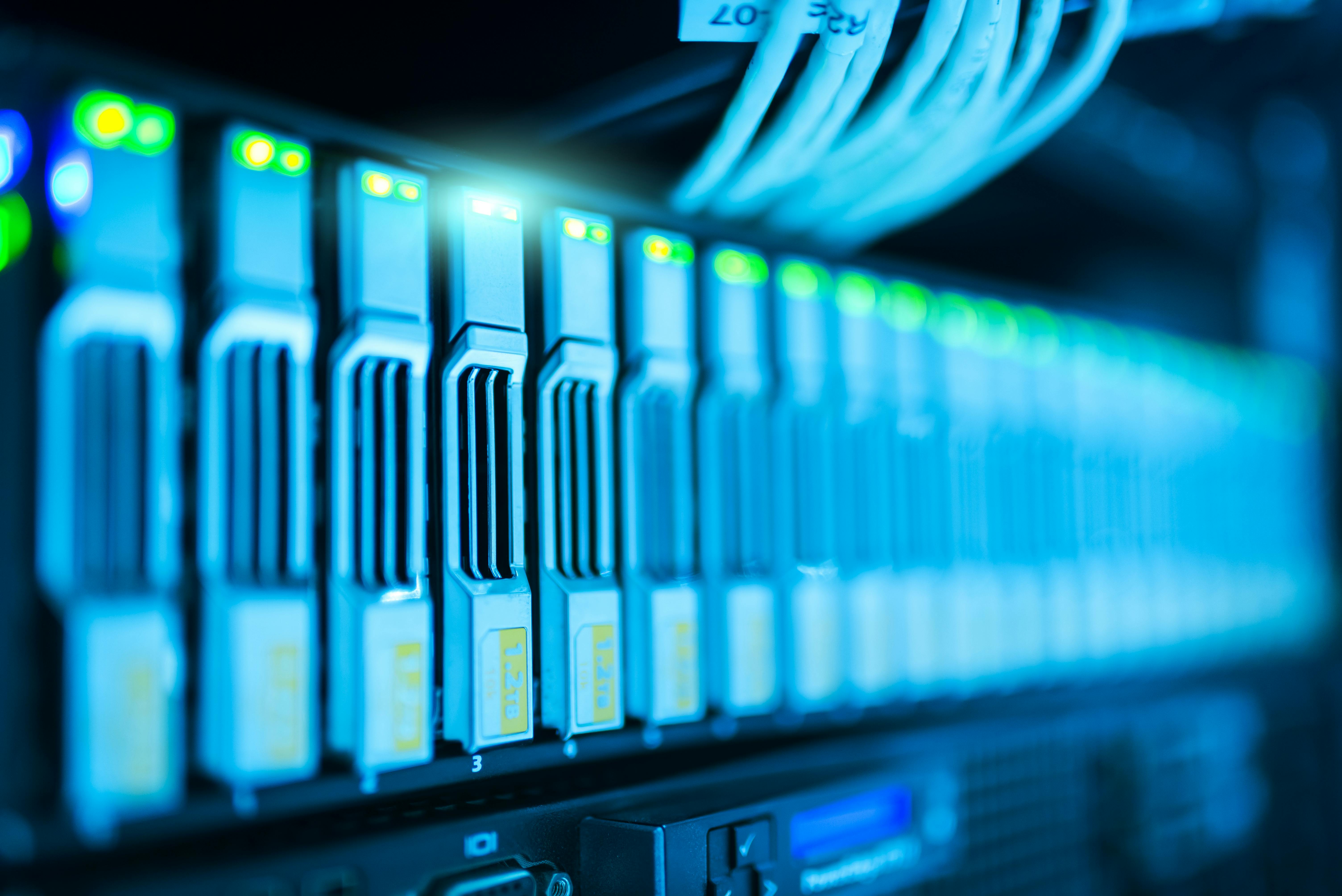

.jpg)

Efficiency and sustainability has never been more critical in the global landscape of shipping & logistics. This blog explores the ways in which the shipping industry can maximize efficiency, minimize its carbon footprint, and the transformative role that artificial intelligence (AI) can play in achieving these goals. By leveraging data-driven insights and smart technologies, the shipping industry can embark on a journey towards a more environmentally friendly and economically efficient future.
One of the key challenges in shipping is determining the most efficient routes for vessels. AI algorithms can analyze a myriad of factors such as weather conditions, sea currents, port congestion, and historical shipping data to identify optimal routes. By dynamically adjusting routes in real-time, AI ensures that ships take the most fuel-efficient paths, reducing both operational costs and carbon emissions. This data-driven approach not only maximizes efficiency but also minimizes the environmental impact of maritime transportation.

AI-driven systems excel in dynamic fleet management, allowing shipping companies to optimize vessel deployment based on demand, shipping schedules, and fuel efficiency. Through real-time monitoring and analysis of global shipping patterns, AI can recommend fleet adjustments to match demand fluctuations, thereby reducing unnecessary voyages and enhancing overall fleet efficiency.
AI plays a crucial role in monitoring and reporting carbon emissions in the shipping industry. By integrating AI systems with vessel sensors and data sources, shipping companies can accurately measure and report their carbon footprint. This not only ensures compliance with environmental regulations but also provides valuable insights for implementing emission reduction strategies, such as the adoption of cleaner fuels or the optimization of vessel design.

AI's predictive analytics capabilities enable the shipping industry to optimize fuel consumption. By analyzing historical data and real-time variables like vessel speed, load capacity, and weather conditions, AI models can predict fuel requirements more accurately. This empowers ship operators to make informed decisions, such as adjusting speeds or optimizing engine performance, leading to significant fuel savings and a substantial reduction in carbon emissions.
AI enhances supply chain visibility by providing real-time insights into the movement of goods. By optimizing shipping routes, AI contributes to more predictable delivery times, reducing the need for expedited shipping methods that often come with higher carbon footprints. Additionally, AI facilitates collaboration among stakeholders in the supply chain, enabling them to collectively work towards greener practices and sustainable shipping solutions.
The convergence of AI and the shipping industry presents a transformative opportunity to navigate a more efficient and sustainable future. By harnessing the power of data-driven insights, predictive analytics, and dynamic optimization, shipping companies can not only streamline their operations but also minimize their environmental impact. As the maritime sector continues to embrace AI technologies, it is poised to lead the way in creating a more sustainable and resilient global shipping ecosystem.


.jpg)
